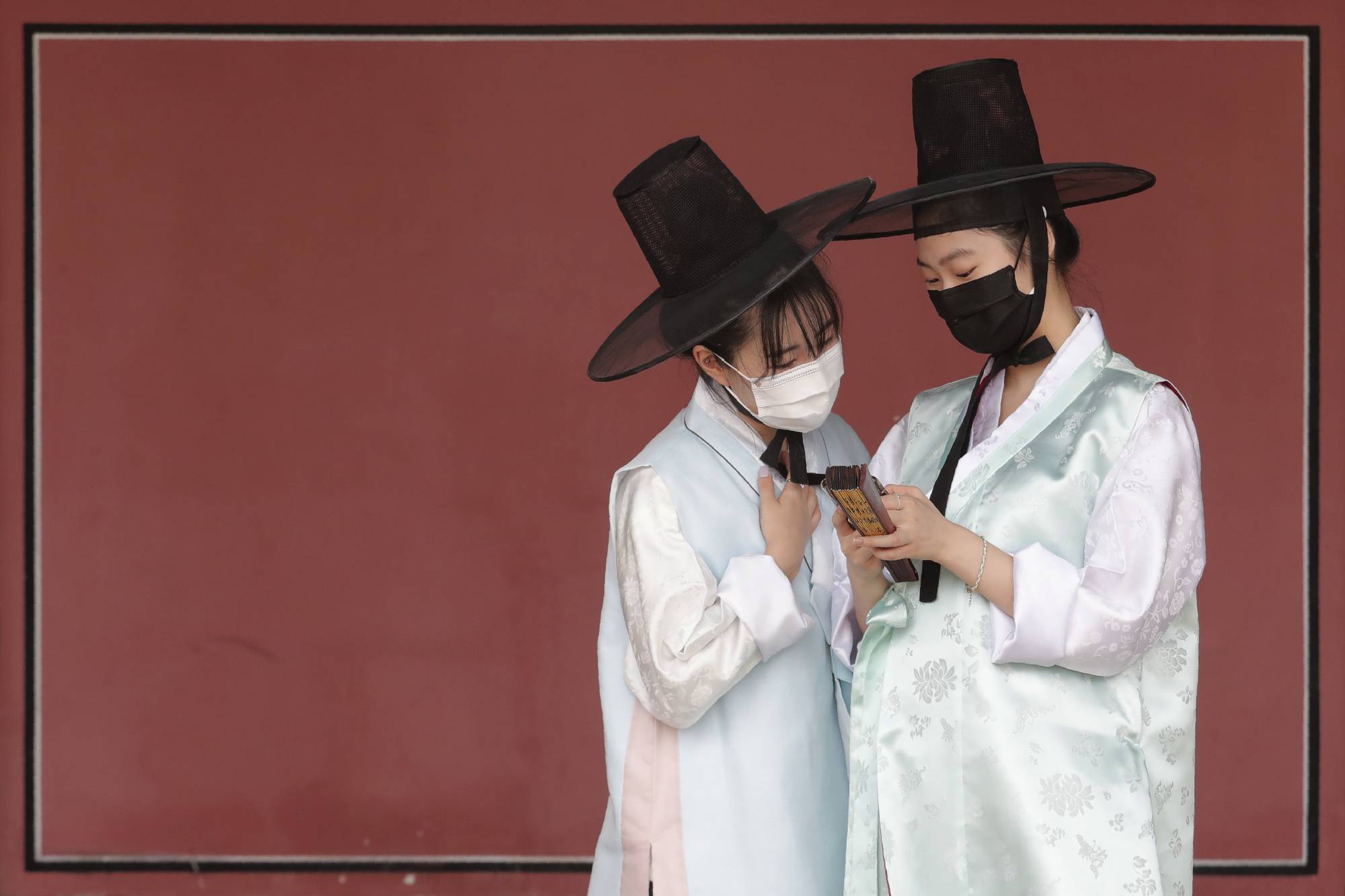In May, when a coronavirus outbreak hit nightclubs in the South Korean capital of Seoul, health officials quickly unleashed their version of the Navy Seals — elite teams of epidemiologists, database specialists and laboratory technicians.
An old-school, shoe-leather investigation showed the virus had jumped from a night-club visitor to a student, to a taxi driver and then alarmingly to a warehouse employee who worked with 4,000 others.
Thousands of the employee’s co-workers, their family members and contacts were approached and 9,000 people were eventually tested. Two weeks later, the warehouse flare-up was mostly extinguished and infections curtailed at 152.



